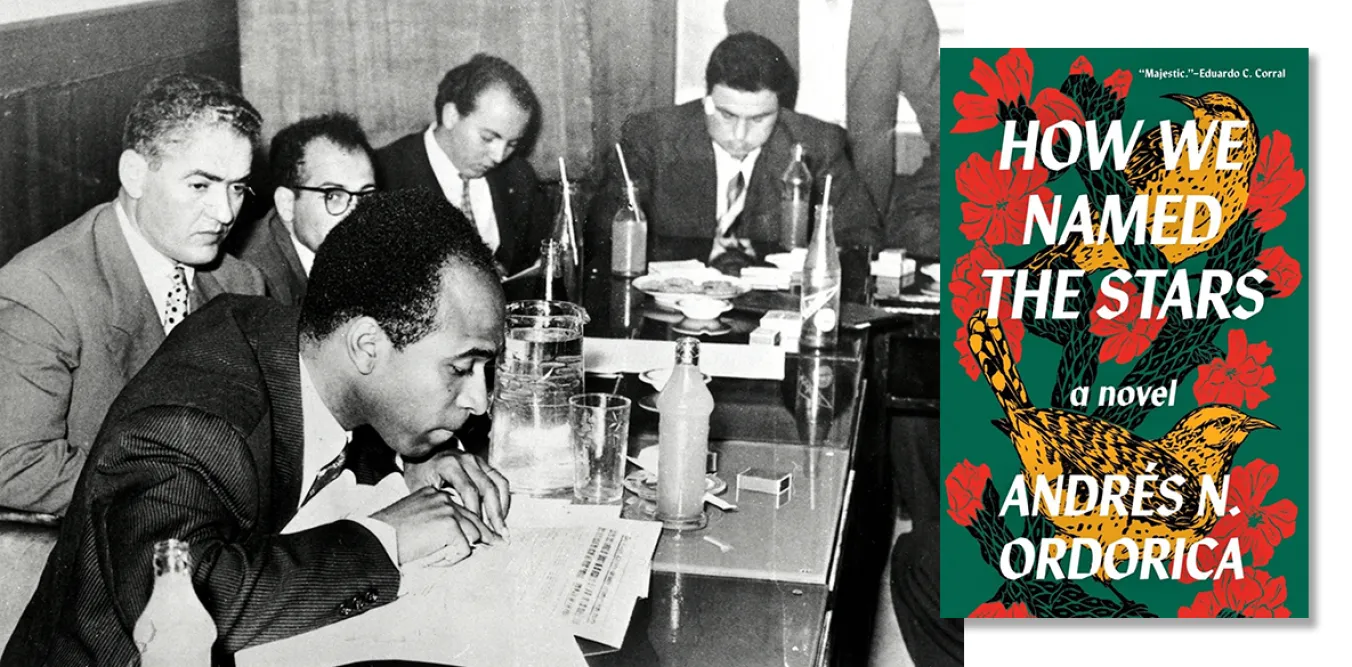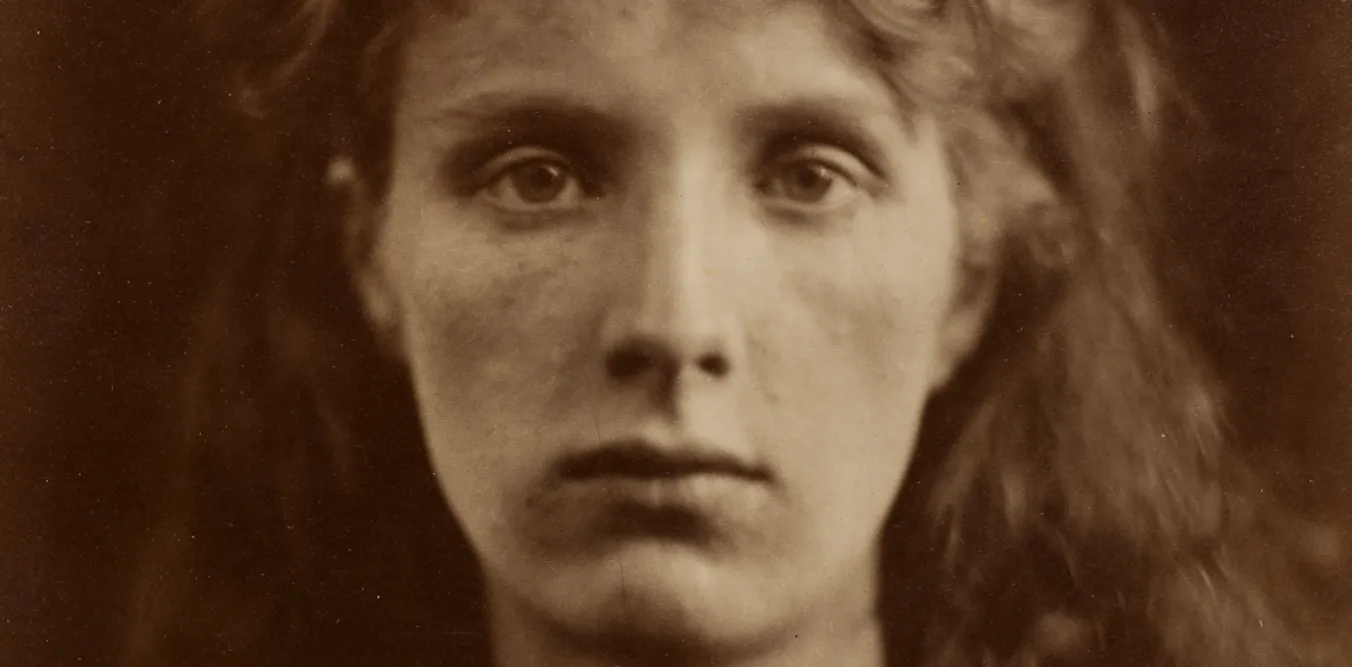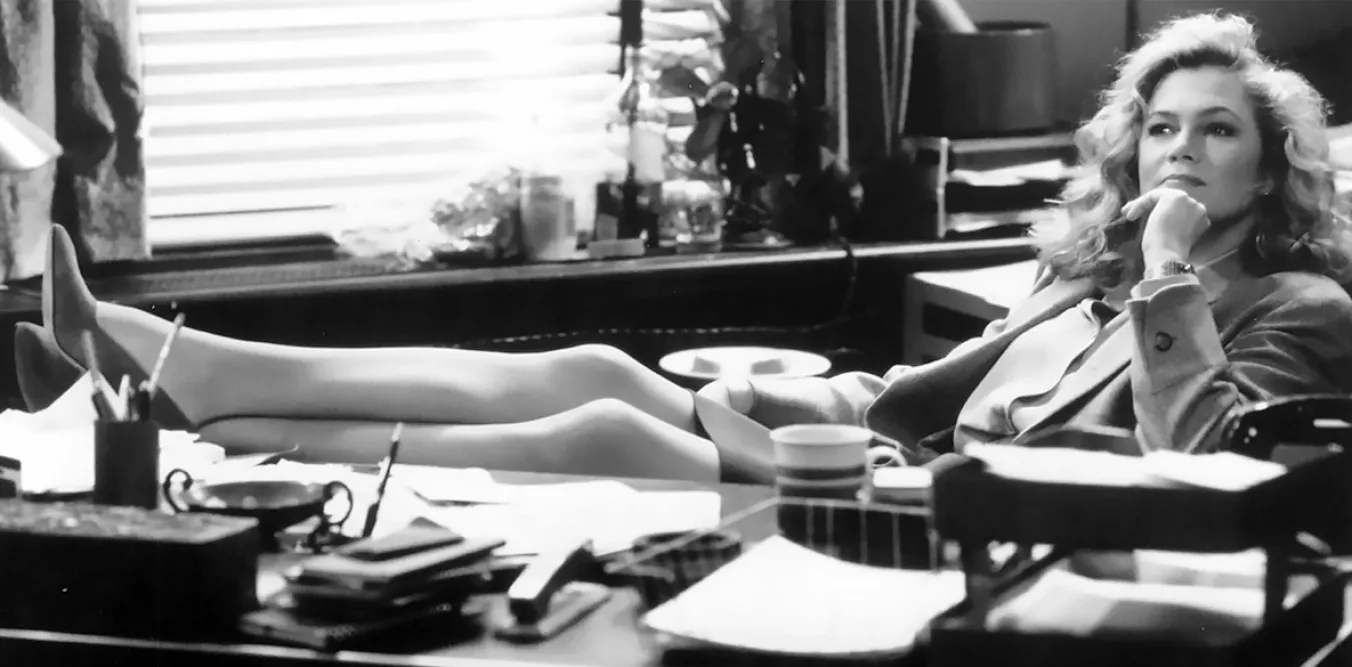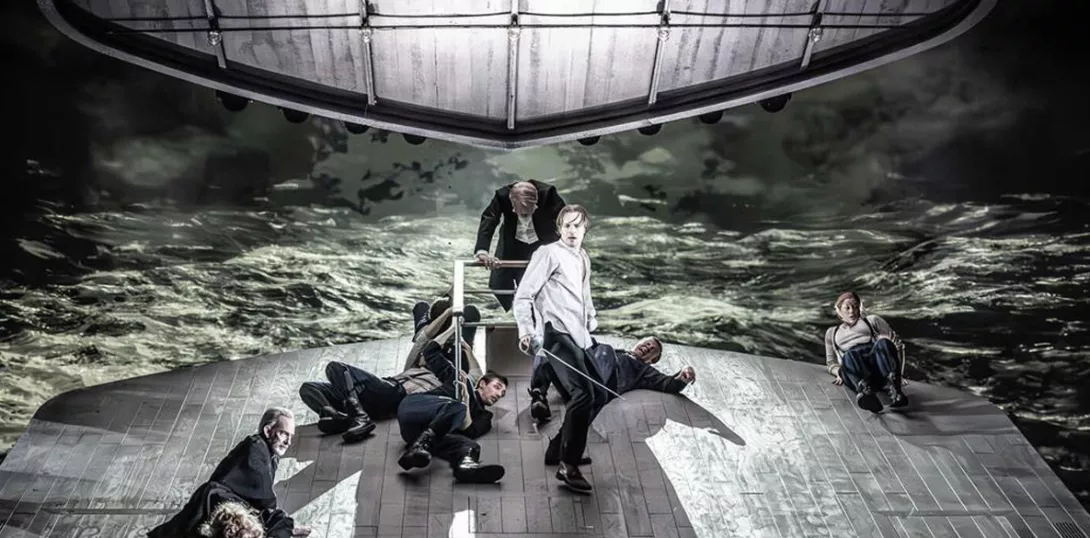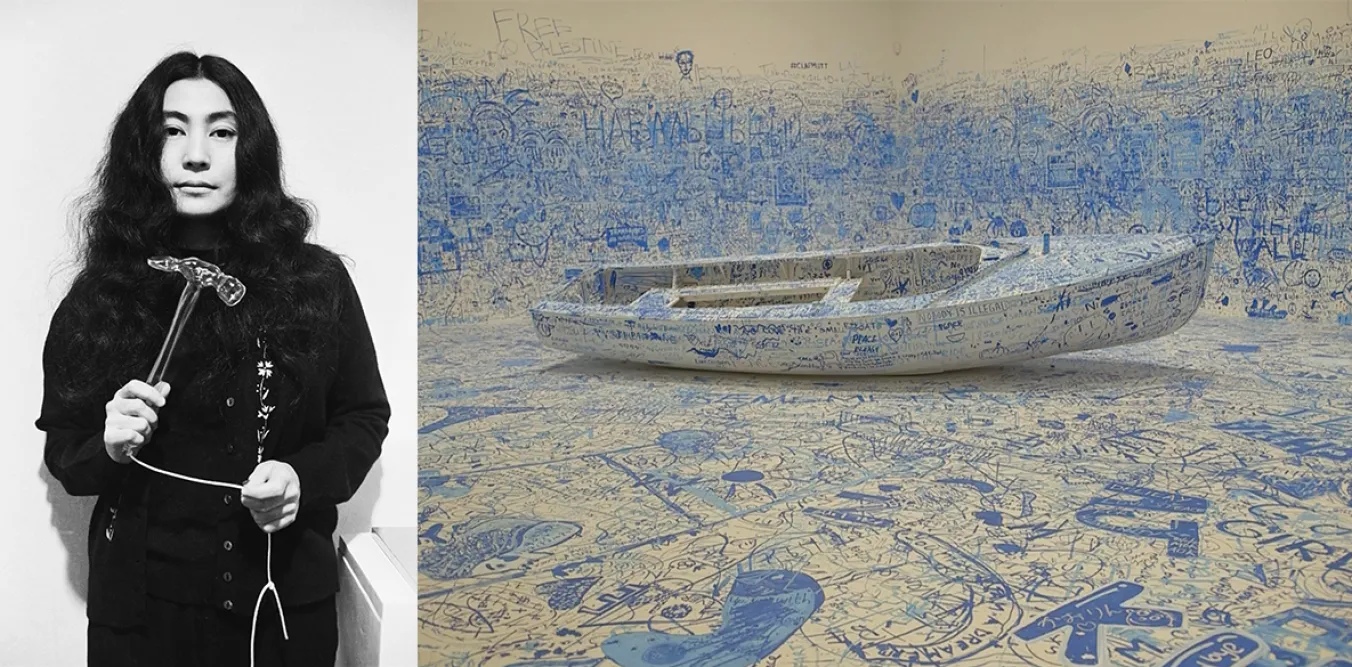
Yoko Ono: Music of the Mind
Tate Modern
[[{"fid":"63494","view_mode":"inlineleft","fields":{"format":"inlineleft","field_file_image_alt_text[und][0][value]":"Yoko Ono, Cut Piece, 1964 - Photo by Minoru","field_file_image_title_text[und][0][value]":false},"link_text":null,"type":"media","field_deltas":{"1":{"format":"inlineleft","field_file_image_alt_text[und][0][value]":"Yoko Ono, Cut Piece, 1964 - Photo by Minoru","field_file_image_title_text[und][0][value]":false}},"attributes":{"alt":"Yoko Ono, Cut Piece, 1964 - Photo by Minoru","class":"media-element file-inlineleft","data-delta":"1"}}]]THE essence of Yoko Ono’s work lies in its dogged insistence on essential simplicity.
Music of the Mind, the title of her current retrospective at the Tate Modern, captures exactly the aspirations of an artist whose aim is to replace discordant and troubled complexity in people’s minds with gentler, more melodic ease. It also, of course, plays on her historical immersion in the music world at the highest level.
As the largest exhibition of Ono’s work ever in Britain, this event covers much of the artist’s life from her early avant-garde days in New York and birthplace Japan, to the living/breathing person she now is at the age of 91. And just to visit feels like a tribute to her steady, unswerving declamatory confidence.
